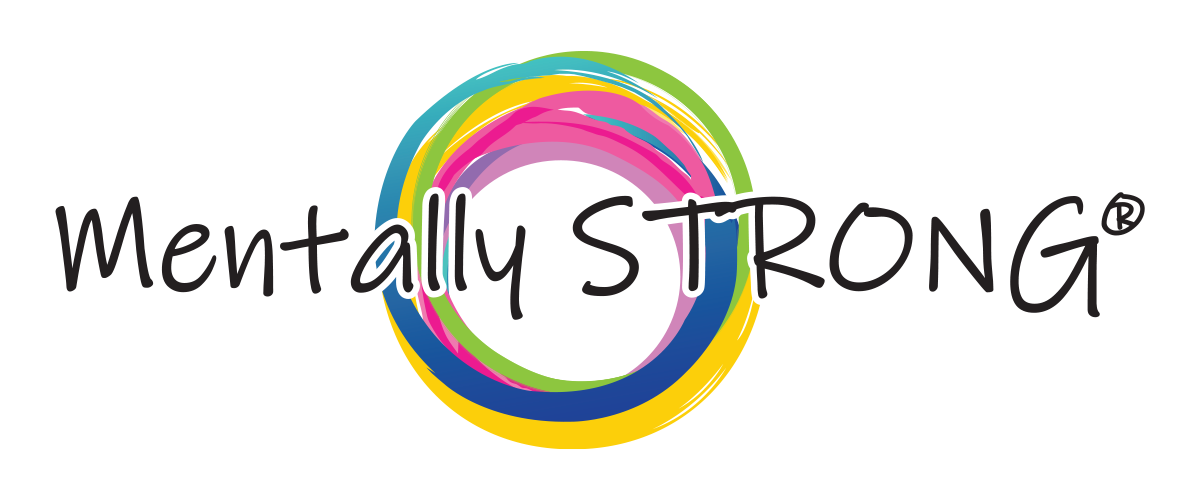As the series on grief comes to a close, remember that everyone experiences grief differently, and coping skills that work for one person may work differently or not work for someone else. Finding gratitude in grief, however, is a skill that will benefit anyone’s mental health, regardless of the type of grief they are experiencing. The purpose of this article is to help the reader understand the relationship between grief and gratitude and to teach anyone who is experiencing grief how to find gratitude when grieving the loss of a loved one.
Grief and gratitude may sound like an oxymoron. As painful as it is to lose a loved one, the grief that people experience during a time of loss shows the deep love and connection that the person has for their loved one. If there were no deep-rooted love, there would be no grief. People can learn to be grateful for the love they shared, the time they shared together, and the impact their loved ones had on the world.
Finding Gratitude When Grieving Loss
Being grateful while grieving doesn’t mean being happy about the circumstances surrounding the loss. No one is expected to be happy about the diagnosis of a terminal illness or a sudden, unexpected loss. Gratitude during grief means making a choice to celebrate the positive memories of a loved one’s life rather than focusing on the negative emotions of their loss. In the video below, Dr. B, founder of Mentally STRONG, discusses grief and gratitude and how she had to choose to be grateful despite all of the grief she has experienced with the loss of her sons, Reggie and Johnny, and her daughter and husband being diagnosed with DRPLA.
Below are a few tips for practicing gratitude when grieving loss:
- Remember the Little Things: It is easy to remember the major impacts a loved one has on our lives. However, choosing to remember and be grateful for their small gestures of kindness, love, and support allows us to reflect more clearly on the positive rather than the negative.
- Write a Grateful Letter to Your Loved One: It can be difficult separating the pain of loss from the gratefulness of life. Deliberately writing a letter to express gratitude about the life of a loved one causes positive memories of them to be ever-present and allows for great healing. Consider sharing the letter with a trusted friend or family member who will be supportive during this difficult time.
- Allow Grief to Be Felt: Grief is a natural part of life. Do not suppress or avoid grief, but rather lean into it. Allow the pain to be felt and remember that the grief is a result of how strong the bonds of love are for the person that was lost. Be grateful to have experienced such great love that grief is a natural result of their loss.
- Share Experiences of Grief and Gratitude: As with other coping skills, find a support group with others who have similar grief. This will help to remind us that we are not alone in our grief. Sharing experiences can also teach us different ways to practice gratitude during grief.
Mentally Strong Can Help You Find Gratitude When Grieving Loss
Grieving the loss of a loved one comes with feelings of anger, sadness, and depression. It is possible, however, to find gratitude during times of grief. Dr. B developed The Mentally STRONG Method to help bridge the gap between grief and gratitude by choosing to be grateful for the memories that have been shared with their loved ones. Contact Mentally STRONG today to learn more about how to start the journey of finding gratitude during grief and living a Mentally STRONG life!
Interested in learning about grief and gratitude? Register for the Mentally STRONG Method and start your journey to finding gratitude when grieving loss.

